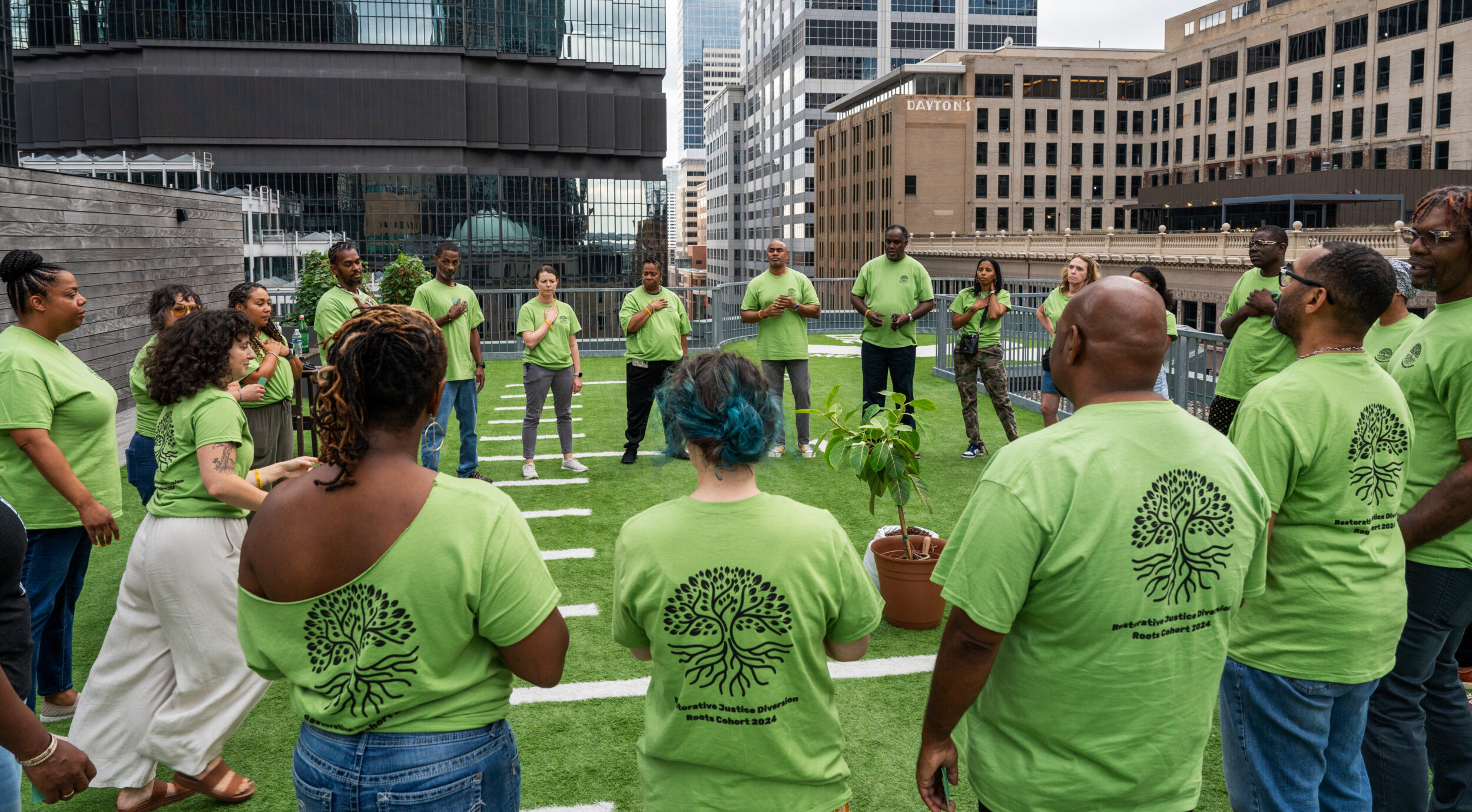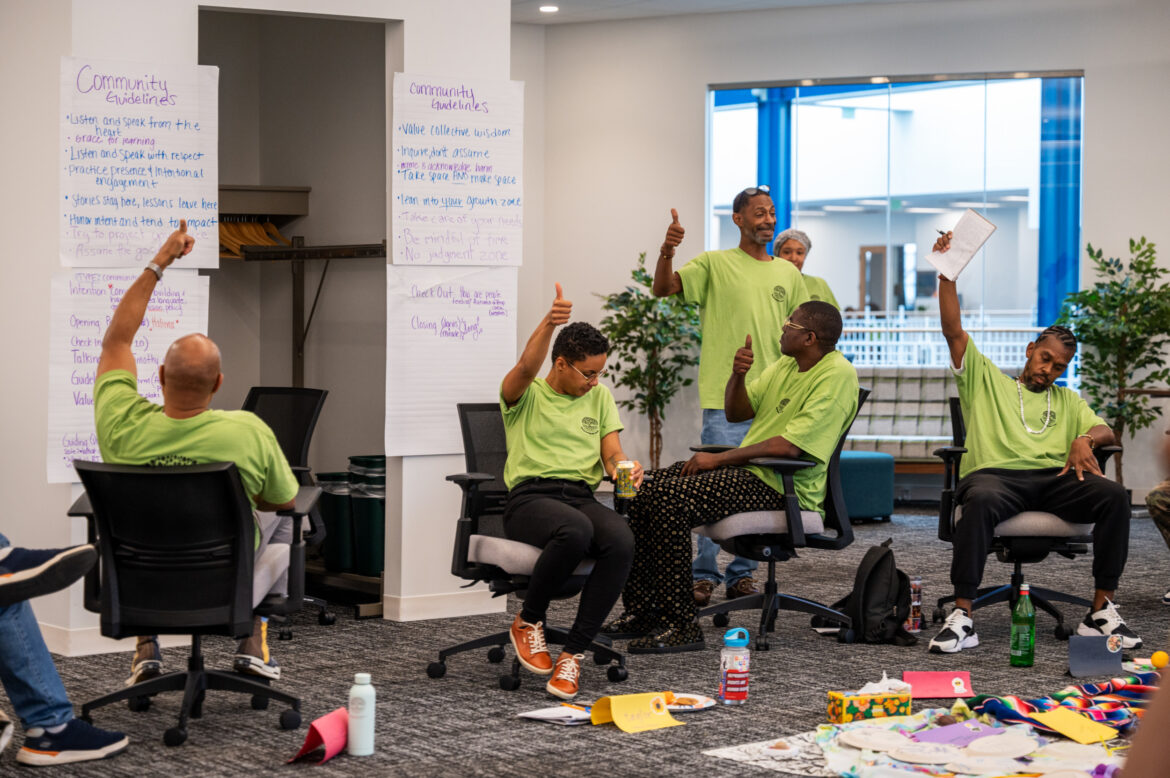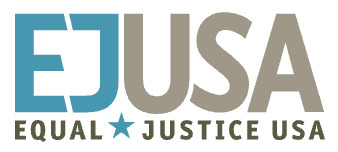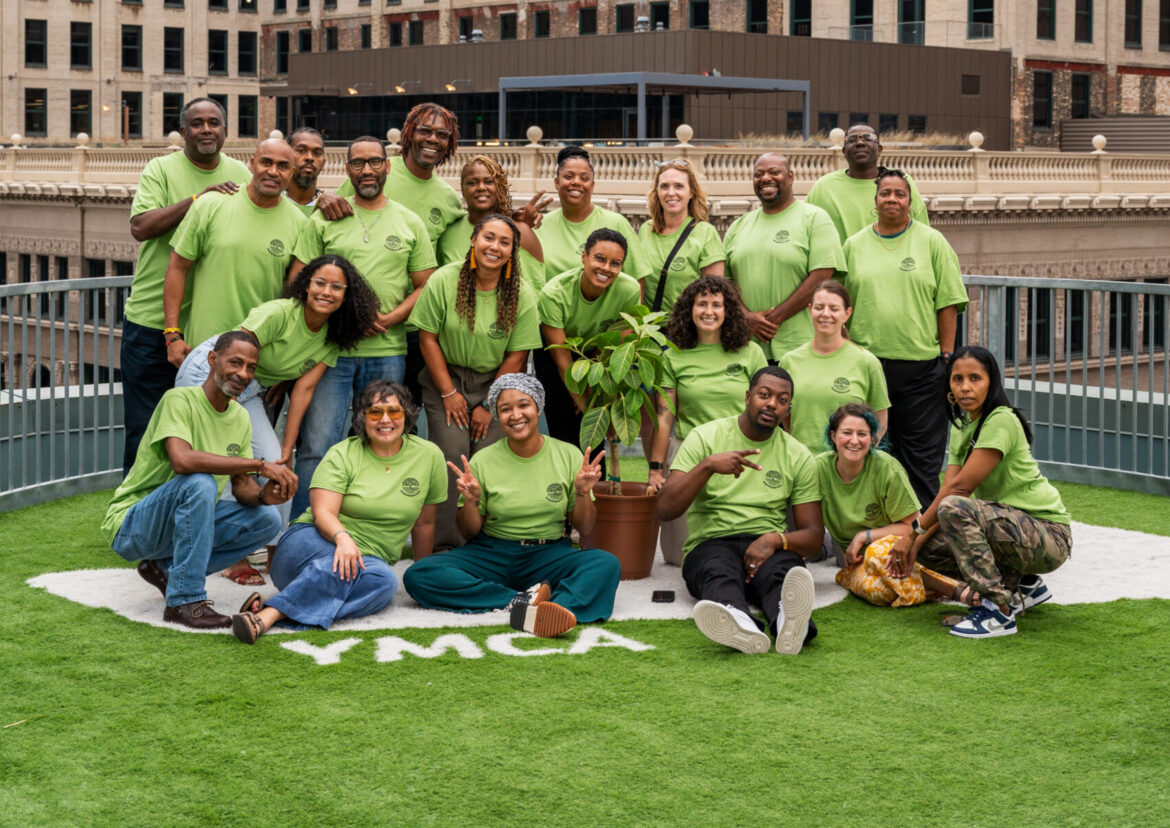Equal Justice USA (EJUSA) announced October 8 that it will partner with four new communities to build new restorative youth justice diversion programs.
These programs serve as an offramp for youth, protecting them from the harsh punishment of the adult criminal legal system.

Courtesy EJUSA
Jamila Hodge
Restorative justice includes an accountability process that identifies root causes of youth criminal actions, while providing an opportunity for healing both for the person harmed and the person who has caused harm.
“Restorative justice is an essential pillar of the growing movement toward community-led public safety solutions and away from the failings of policing, prosecutions, and prisons,” said Jamila Hodge, CEO of Equal Justice USA. Hodge stated:
“We will never punish our way to safety, but the healing that restorative justice offers does chart the path to safety and well-being.”
“Developing partnerships in these four communities allows us to expand our restorative justice diversion work in the Southern and Midwestern regions of the country – areas that will strengthen the national representation of our Restorative Justice Diversion Collaborative.

Courtesy EJUSA
Cymone Fuller
"[This will] tend to the areas of our country experiencing the heaviest resurgence of tough-on-crime backslides,” said Cymone Fuller, Senior Restorative Justice Director at EJUSA.
“We are excited about all of the possibilities ahead with these new partnerships and are grateful for the opportunity to advance pathways to meaningful healing and accountability for more communities.”
Program training and development
The organizations in this new Restorative Justice Diversion Roots Cohort are located in Hinds County, MS; Richmond, VA; Oakland County, MI; and Pulaski County, AR.

Courtesy Equal Justice USA
At the Equal Justice USA Restorative Justice Diversion Roots Cohort Launch Training members gather in a circle during an activity, in Minneapolis, Minn., October 2024.
EJUSA will provide training and technical support to these organizations as they build out their programs over the coming year and begin to work directly with young people and those impacted by harm in the community.
The EJUSA model of restorative justice diversion is defined by 8 core elements
-
- Element 1: Oriented around the needs of people harmed
- Element 2: Designed to end racial & ethnic disparities in juvenile and criminal legal systems
- Element 3: Focused exclusively on pre-criminal charge diversion
- Element 4: Structured to prevent net-widening in the juvenile legal system
- Element 5: Dedicated to a strengths-based approach to healing harm
- Element 6: Rooted in relationships – how to nourish, deepen, and heal them
- Element 7: Committed to protecting participant confidentiality
- Element 8: Created and held by community and community-based organizations
(Watch video below to learn more about restorative justice.)
For the next 10 months, members of the local organizations and their legal system referral partners will come together with support from EJUSA to develop their programs based on these core elements. They will participate in training opportunities that will prepare them for program implementation.

Courtesy Equal Justice USA
At an Equal Justice USA Restorative Justice Diversion Roots Cohort Launch Training activity members explore different aspects of how to implement and lead restorative justice programs, in Minneapolis, Minn., October 2024.
These four communities join the existing 10 that EJUSA’s Restorative Justice Project already works with, located in cities and counties in California, Louisiana, Oregon, Pennsylvania, Tennessee, Virginia, and WashingtonD.C.![]()
Healing in Community: The Power of Restorative Justice Diversion
This video highlights the work and perspectives of several of restorative justice diversion programs in EJUSA's National Restorative Justice Diversion Collaborative.
EJUSA extends deep gratitude to every person who took time to share their wisdom and experience to help tell the story of the powerful impact of restorative justice diversion. We also want to thank Visual Street Films for bringing so much care and commitment to the creation of this film.
[Related: Breaking walls, building bridges -- A call for restorative justice in school discipline]
***
 Equal Justice USA (EJUSA) is a national organization that works to transform the justice system by ending the death penalty, strengthening programs that help crime survivors rebuild their lives, and promoting trauma-informed responses to violence that save lives and heal communities.
Equal Justice USA (EJUSA) is a national organization that works to transform the justice system by ending the death penalty, strengthening programs that help crime survivors rebuild their lives, and promoting trauma-informed responses to violence that save lives and heal communities.
